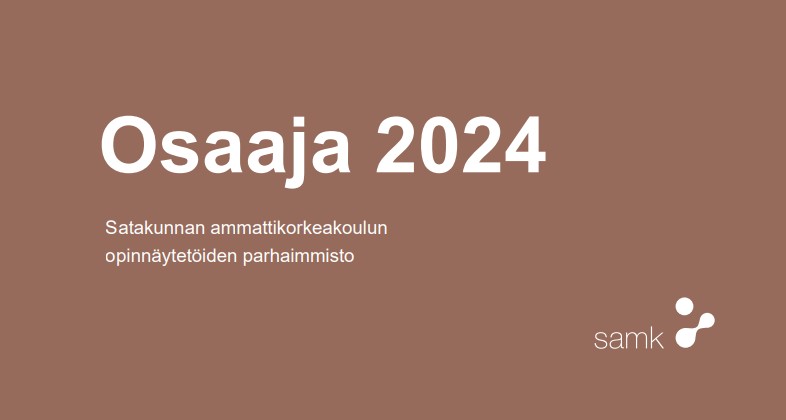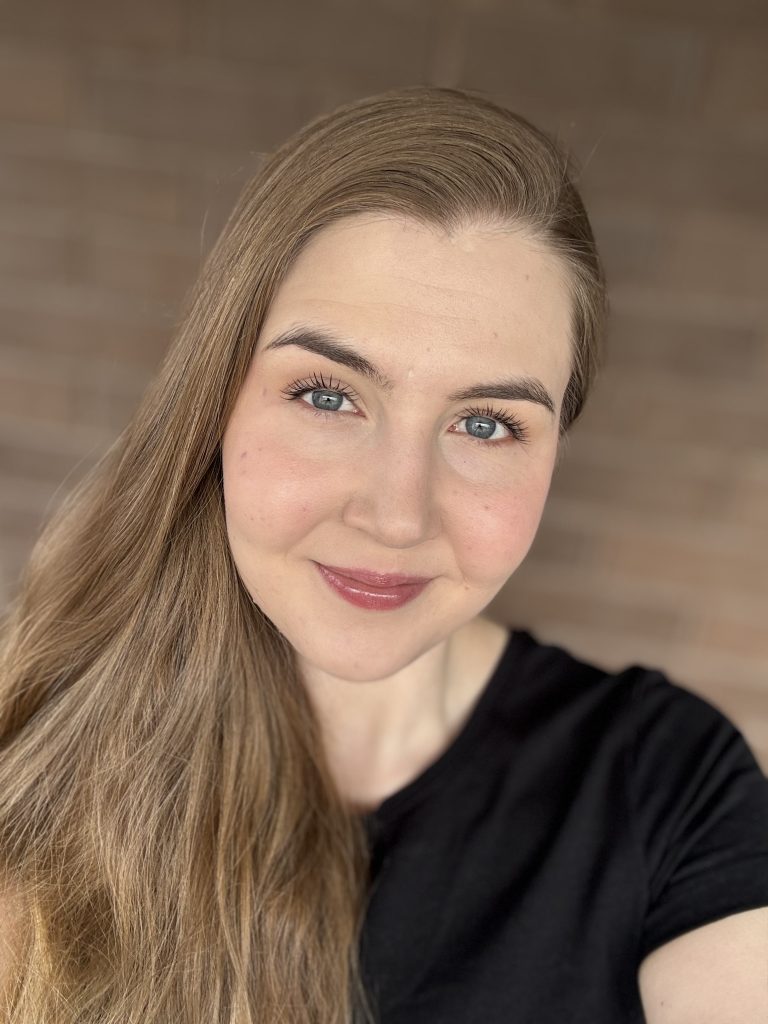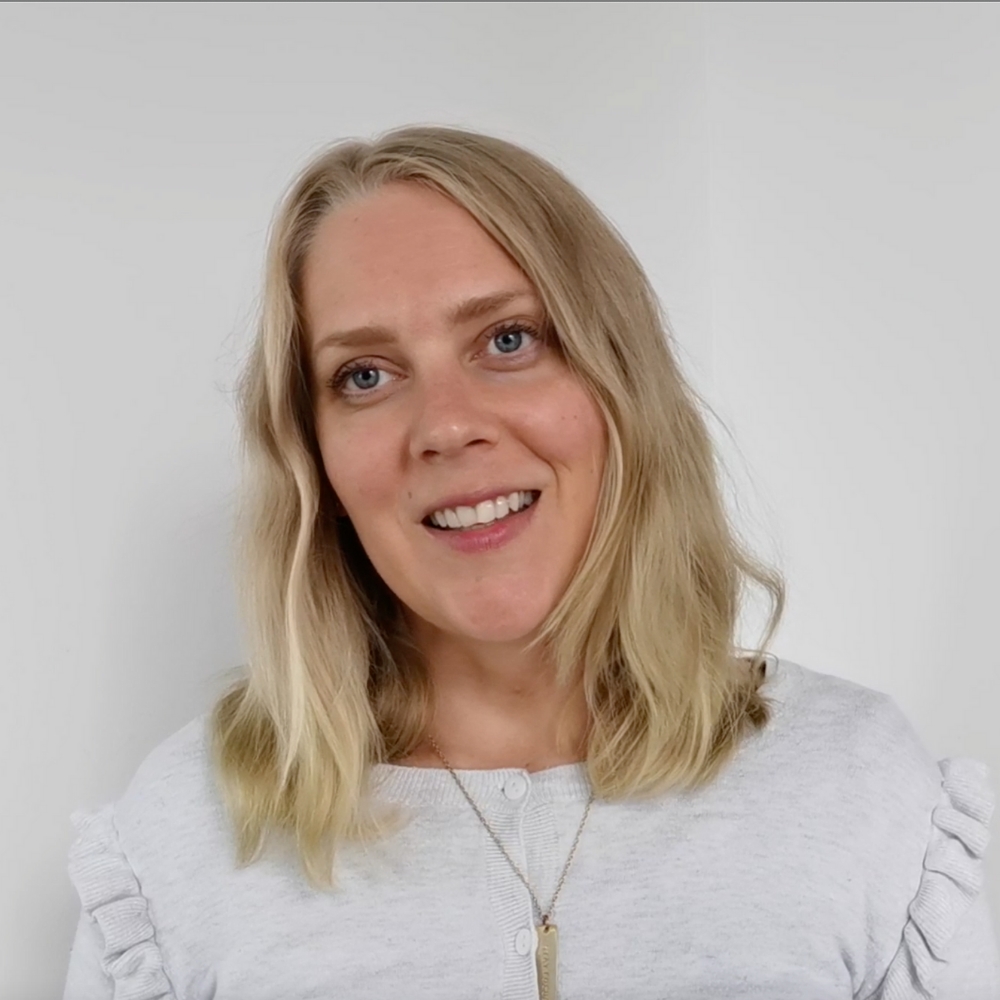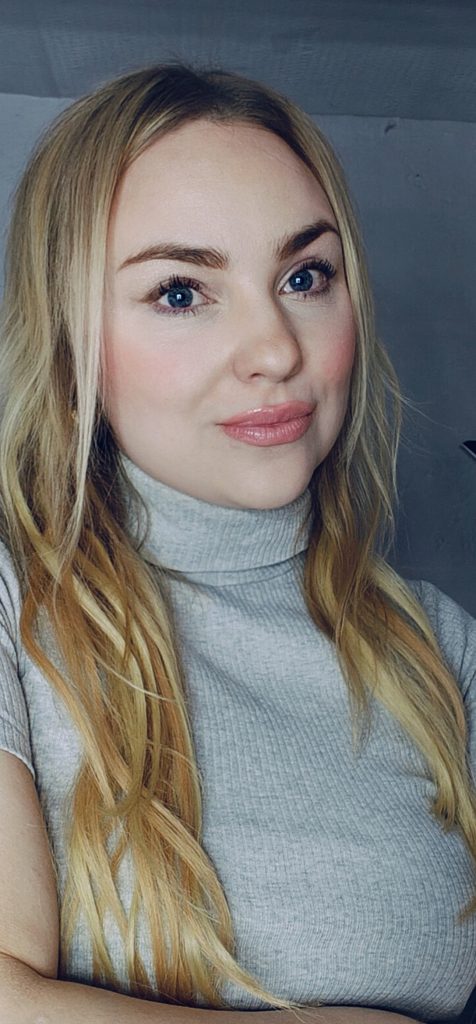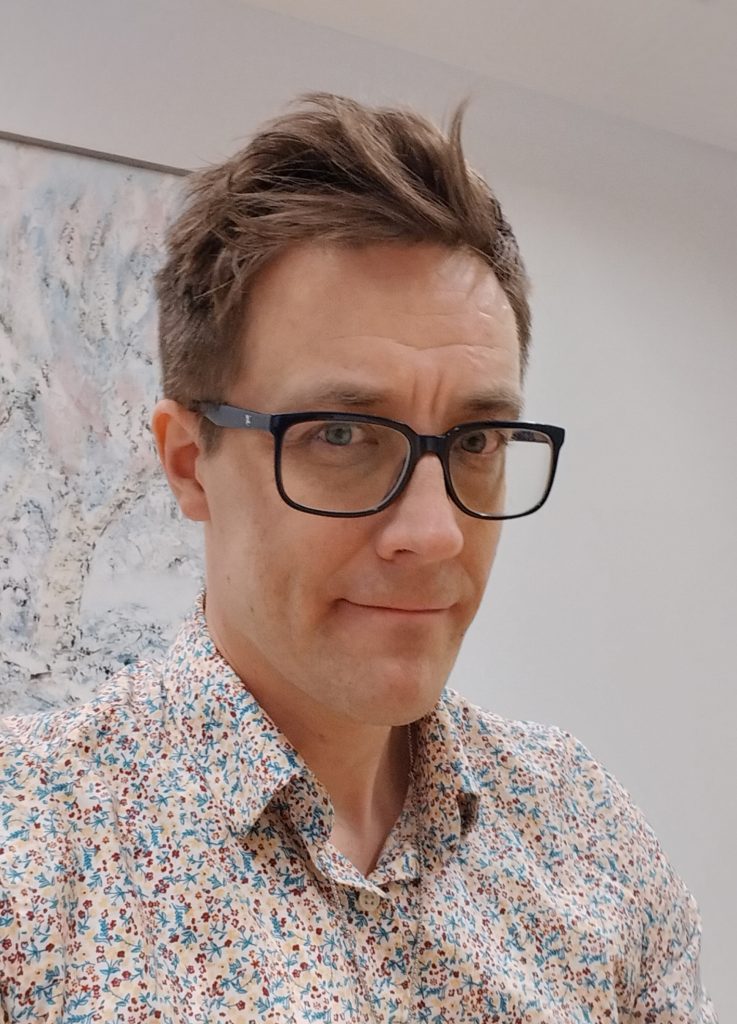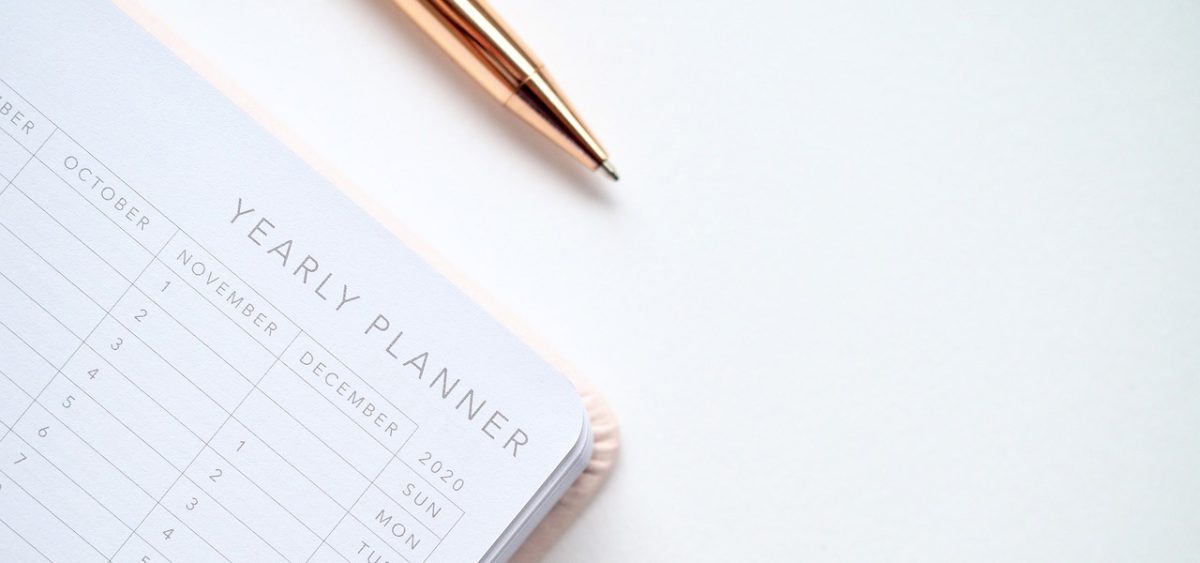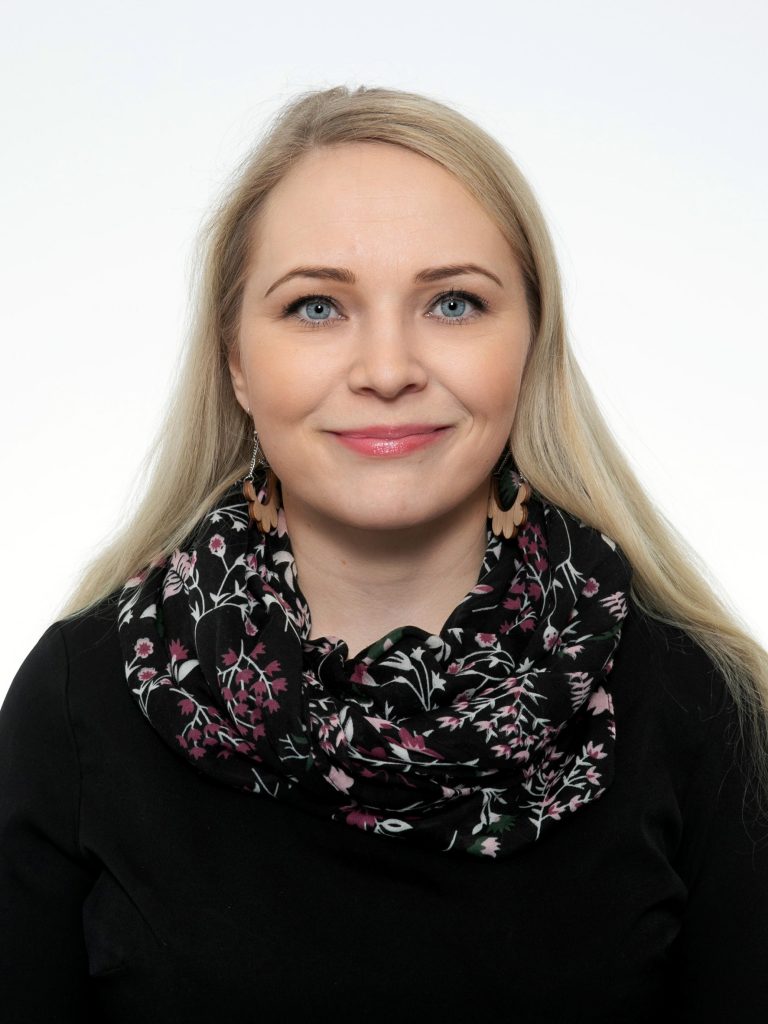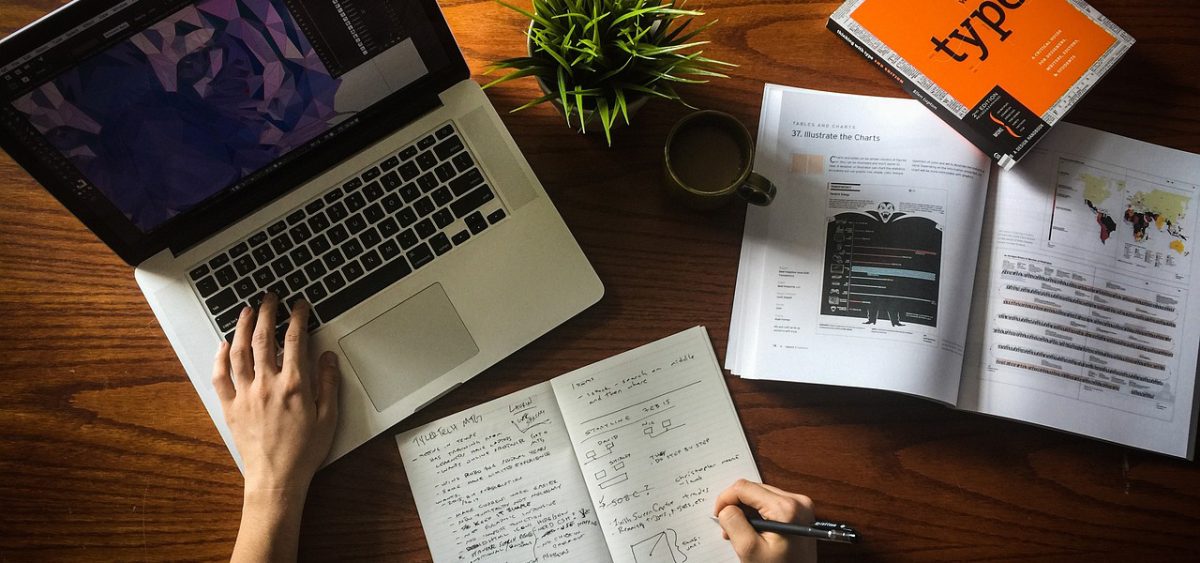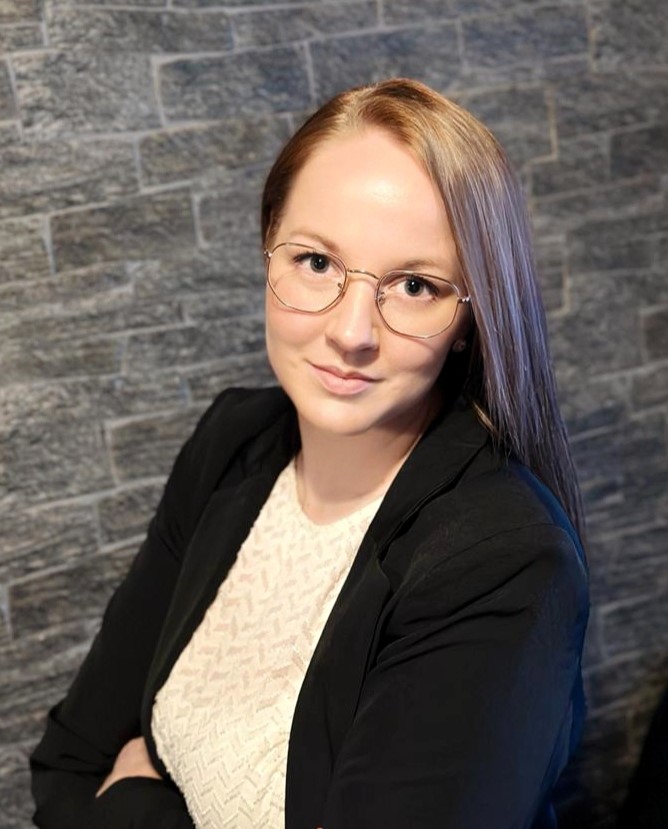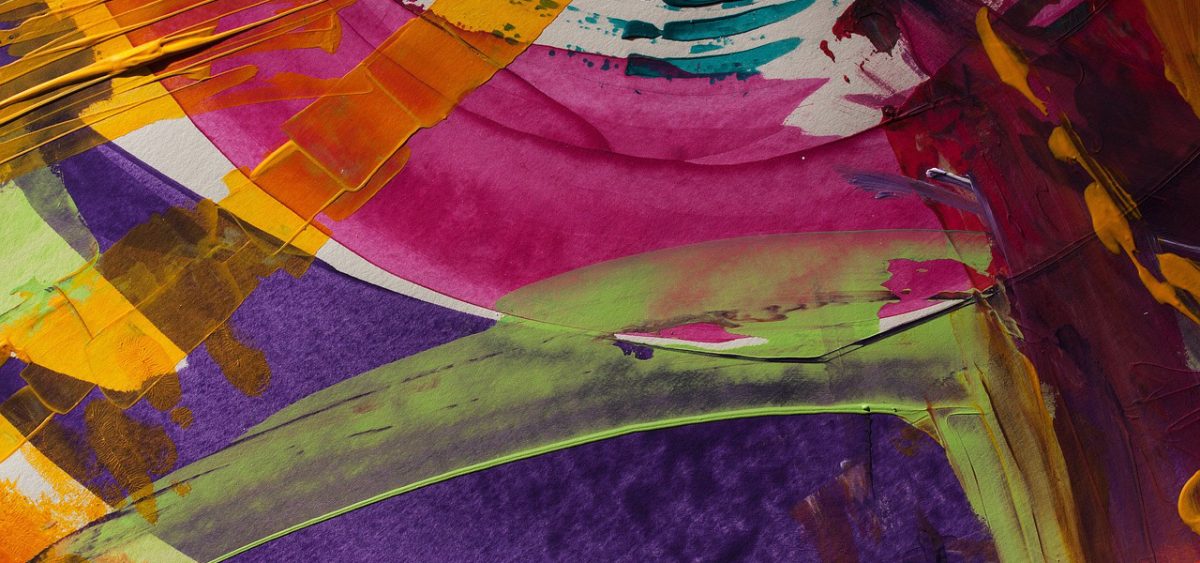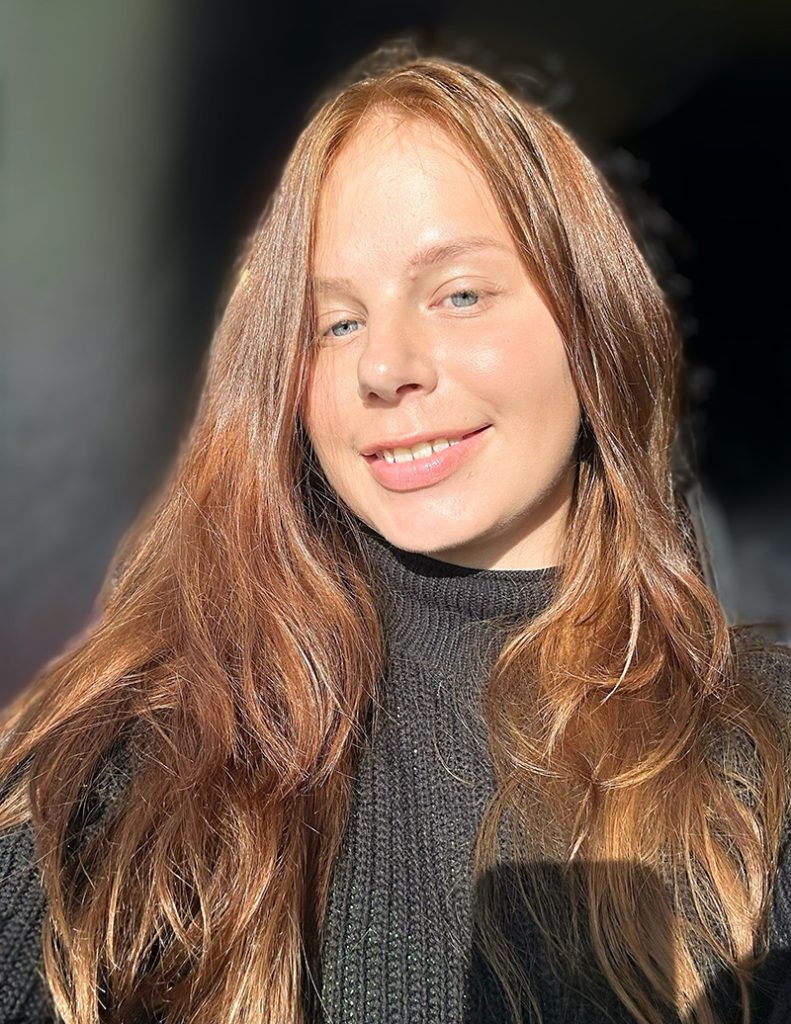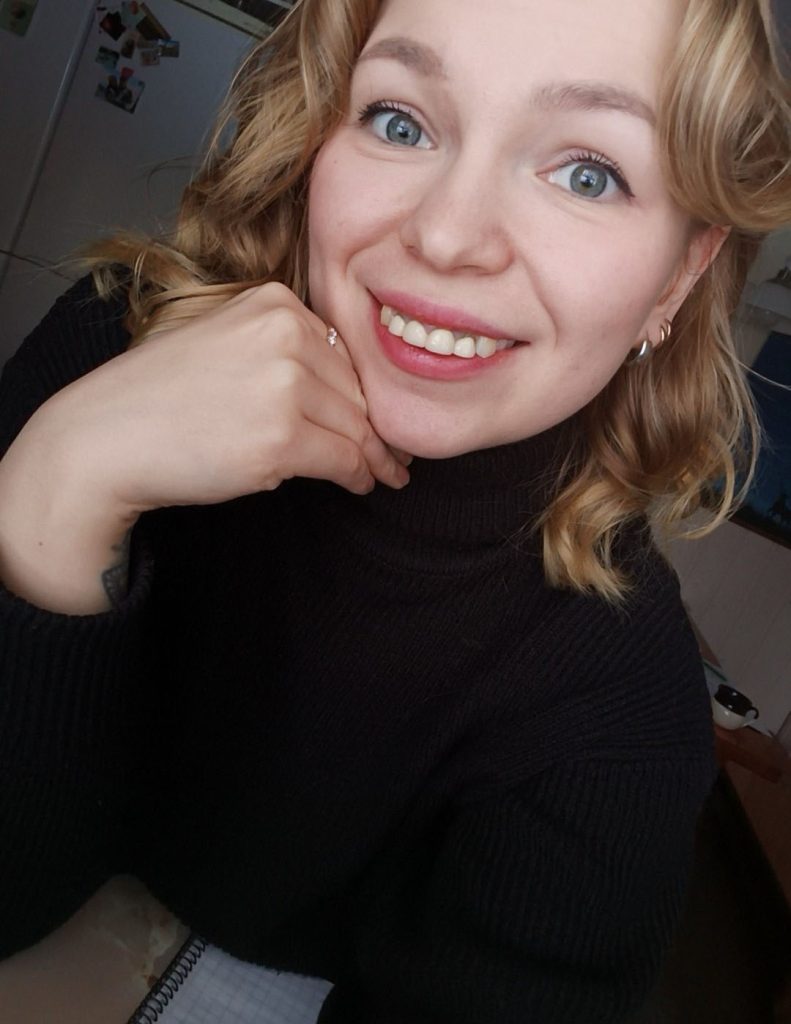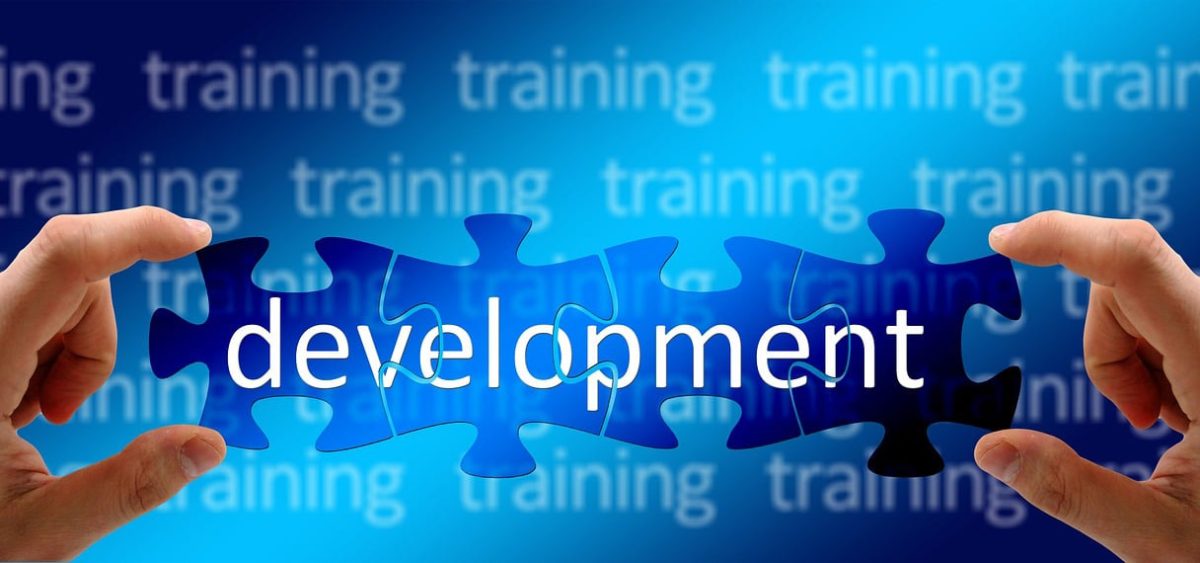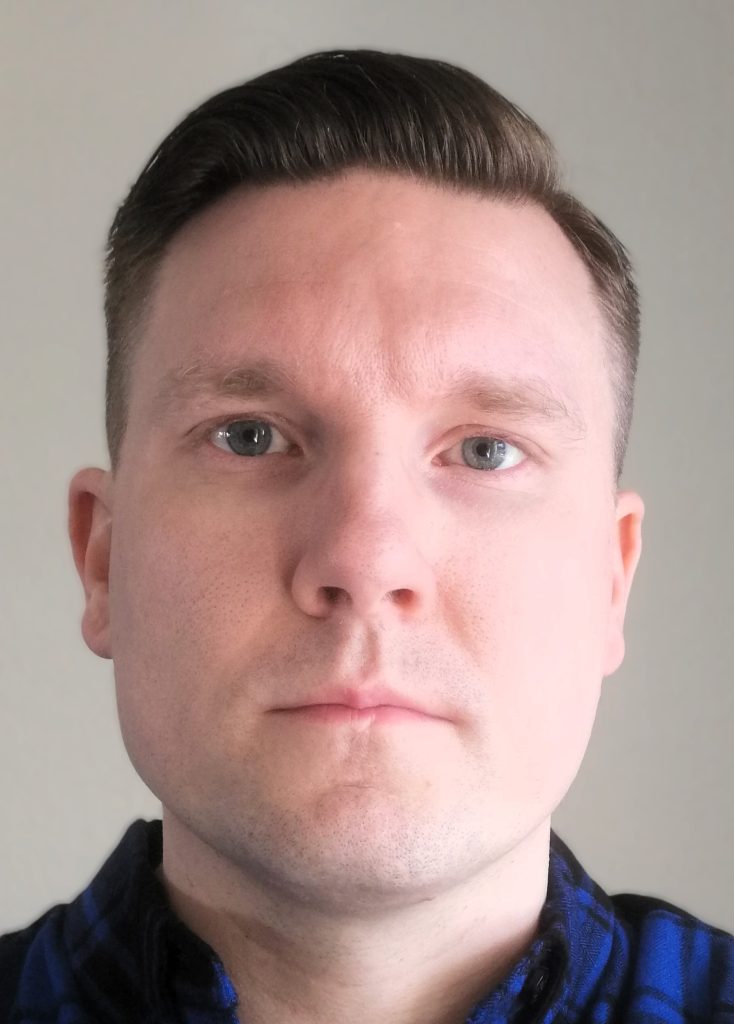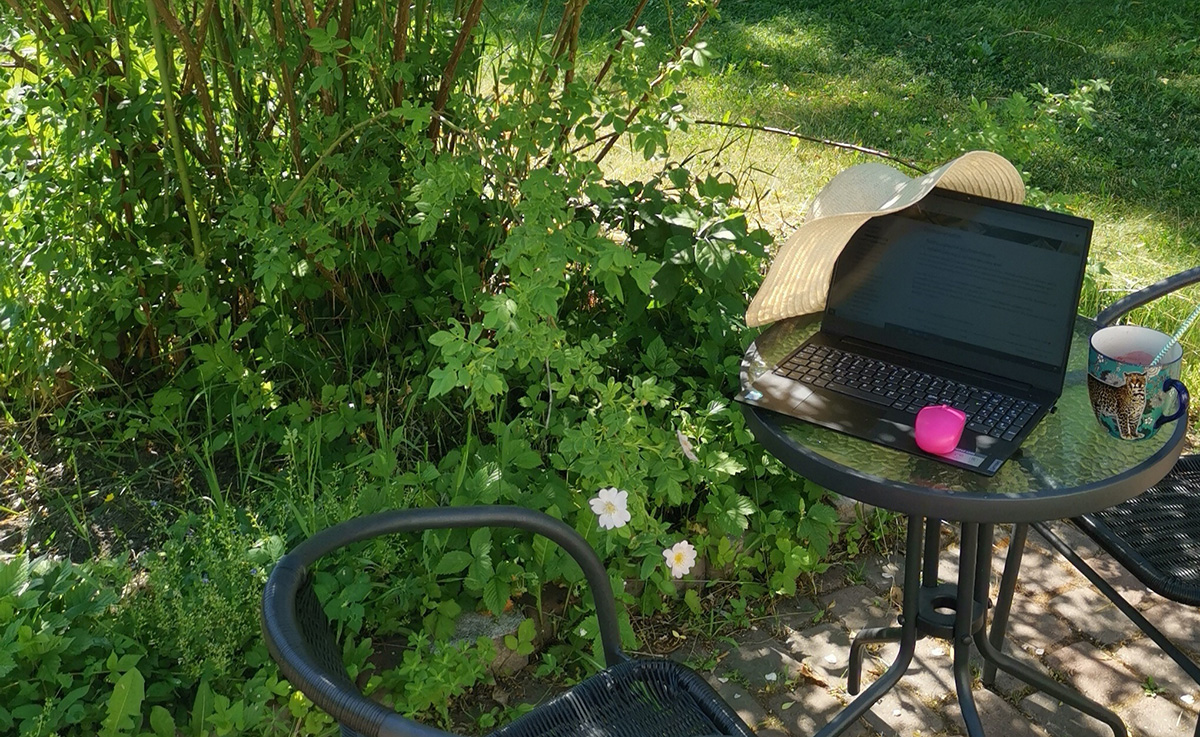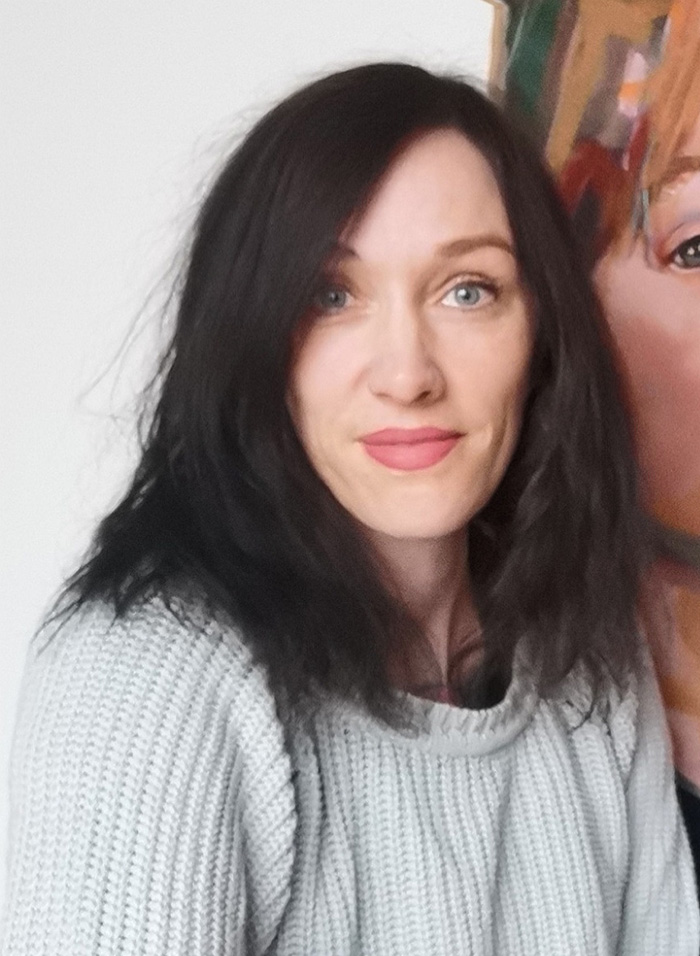Valmistuttuani 2000-luvun alussa ammattikoulusta ajattelin: ”kai sitä joskus vielä ehtii opiskelemaan”. Linja, jolta valmistuin, osoittautui vääräksi valinnaksi ja sattumusten kautta ajauduin sähköalalle töihin. Alkuvuodesta 2021 seisoin elämäni risteyskohdassa. Takana oli noin 20 vuoden kokemus sähköalalta: käytännön työtä, projekteja, vastuuta ja ennen kaikkea oppimista työn ja kantapäiden kautta. Taustalla kyti kaukainen ajatus opiskelusta ja pieni unelma valkoisen kypärän kantamisesta. Sitten tuli hetki, kun vaimo sanoi sen ääneen. Hän oli kuullut tarpeeksi narinaani siitä, miksi en voi koskaan saada ”sitä valkoista kypärää”. ”Jos et enää jaksa itseäsi kuunnella, niin tee asialle jotain”, hän tokaisi, ihan hyväntahtoisesti, mutta napakasti. Päätin hakea ammattikorkeakouluun sähkö- ja automaatiotekniikan opintoihin.
Sain ensikosketukseni ammattikorkeakouluopintoihin, kun osallistuin kevään 2021 intensiiviselle, mutta antoisalle valintakurssille. Vaikka jäin lopuksi haussa varasijalle, yllätyin saadessani sähköpostin, jossa kerrottiin, että olinkin valittu opintoihin.
Ensimmäiset kuukaudet olivat vaativia, töiden ja opintojen yhdistäminen oli ajoittain haastavaa. Lisäksi esimerkiksi matematiikka tuntui ylipääsemättömältä. Ei ollut mitään, mitä voisi palauttaa mieleen, koska moni asia ei ollut sinne koskaan ehtinyt. Tehtävä kerrallaan oppiminen ja itsevarmuus matemaattisia asioita kohtaan kasvoi. Lisäksi tieto siitä, että kaikkea ei tarvitse osata heti, opetti olemaan sinnikäs tuoden uuden lähestymistavan oppimiseen. Olin tottunut tekemään asioita käytännössä, mutta nyt oli pakko ymmärtää teoriaa syvemmin. Kurssien läpäiseminen vaati aikaa ja vaivaa, mutta pystyin etenemään kohtalaisen hyvin.
Ammatilliset aineet toivat varmuutta ja rytmiä opintoihin. Moni asia oli tuttua sähköasentajan työuran ansiosta, mikä näkyi oppimisessa ja suorituksissa. Tuntumalla tehty sai tuekseen teorian. Oli palkitsevaa ymmärtää, miksi jokin toimii, ei vain miten se toimii. Opinnot eivät olleet pelkkää uuden oppimista, vaan myös aiemman tiedon jäsentämistä ja laajentamista. Ne pakottivat pysähtymään, purkamaan tuttua osiin ja katsomaan asioita uudesta näkökulmasta.
Opintojeni alkutaipaleella tiesin, mikä opinnäytetyö on, mutta sen kokonaisvaltaisuudesta en tiennyt tuon taivaallista. Tämän takia opinnäytetyöhön kannattaa varata aikaa jo hyvissä ajoin ennen viimeistä opiskeluvuotta. On tärkeää suunnitella toteutus ja kirjallinen osuus huolellisesti, erityisesti, jos työ liittyy käytännön projektiin tai työelämälähtöiseen kehitystehtävään. Aiheen valinta kannattaa tehdä omasta mielenkiinnosta ja kokemuksesta käsin. Silloin työ tuntuu mielekkäältä ja siihen on helpompi sitoutua. Ohjaajan kanssa säännöllinen yhteydenpito ja välitavoitteiden asettaminen auttavat pitämään työn hallinnassa koko prosessin ajan.
Opinnäytetyö kattoi lähes koko vuoden 2024 ja muodostui laajaksi ja haastavaksi kokonaisuudeksi. Koska opinnäytetyöni liittyi toteutettavaan hankkeeseen, projektin suunnitteluosuus ja kokonaisuudenhallinta vei merkittävästi aikaa työn alkuvaiheessa. Kirjallisen osion laatiminen painottui projektin loppupuolelle. Olen sanoin kuvaamattoman kiitollinen saamastani ohjauksesta niin hankkeen projektivaiheessa kuin opinnäytetyön kirjallisen osuuden aikana. Ohjaajieni tuki oli korvaamatonta työn eri vaiheissa.
Olin monta kertaa ennen korkeakouluopintoja kuullut lauseen: ”Elämähän on elinikäistä oppimista”. Lauseen, jonka olin sivuuttanut olankohautuksella ajatellen sen olevan lähinnä jonkinlaista päivitystä, jota tehdään pakon edessä. Todellisuudessa kyse oli asenteesta. Kun uskaltaa haastaa itseään, oppiminen ei ole iästä tai taustasta kiinni. Se vaatii vain päätöksen.
Opinnot ovat antaneet myös uutta itsevarmuutta. En tullut kouluun aloittelijana, mutta en myöskään kokenut itseäni valmiiksi ammattilaiseksi. Nyt voin sanoa olevani enemmän molempia: sekä oppija että osaaja. Tämä yhdistelmä on osoittautunut arvokkaaksi niin koulussa kuin työelämässäkin.
Tulevaisuudessa haluan hyödyntää koulutustani monipuolisemmin. En enää näe itseäni pelkästään asentajana tai kenttätyössä, vaan kehittämässä ja siirtämässä aiemmin hankittua kokemusta kenttätyöstä suunnitteluun. Ammattikorkeakoulu on antanut minulle tähän eväät ja ennen kaikkea uskon siihen, että osaamisellani on arvoa monella eri tasolla.
Jos jotain opin tämän matkan aikana, opin sen, että koskaan ei ole liian myöhäistä oppia uutta tai haastaa itseään. Vaikka alku ei olisi helppo, se ei tarkoita, etteikö lopputulos voisi olla juuri sitä, mitä toivoi. Minulle tämä koulutus on ollut enemmän kuin tutkinto. Se on ollut uusi alku ja mahdollisuus rakentaa seuraavaa vaihetta urallani. Ehkä joku muukin tarvitsee lempeän, mutta tiukan tuuppauksen. Saman, jonka minä sain.
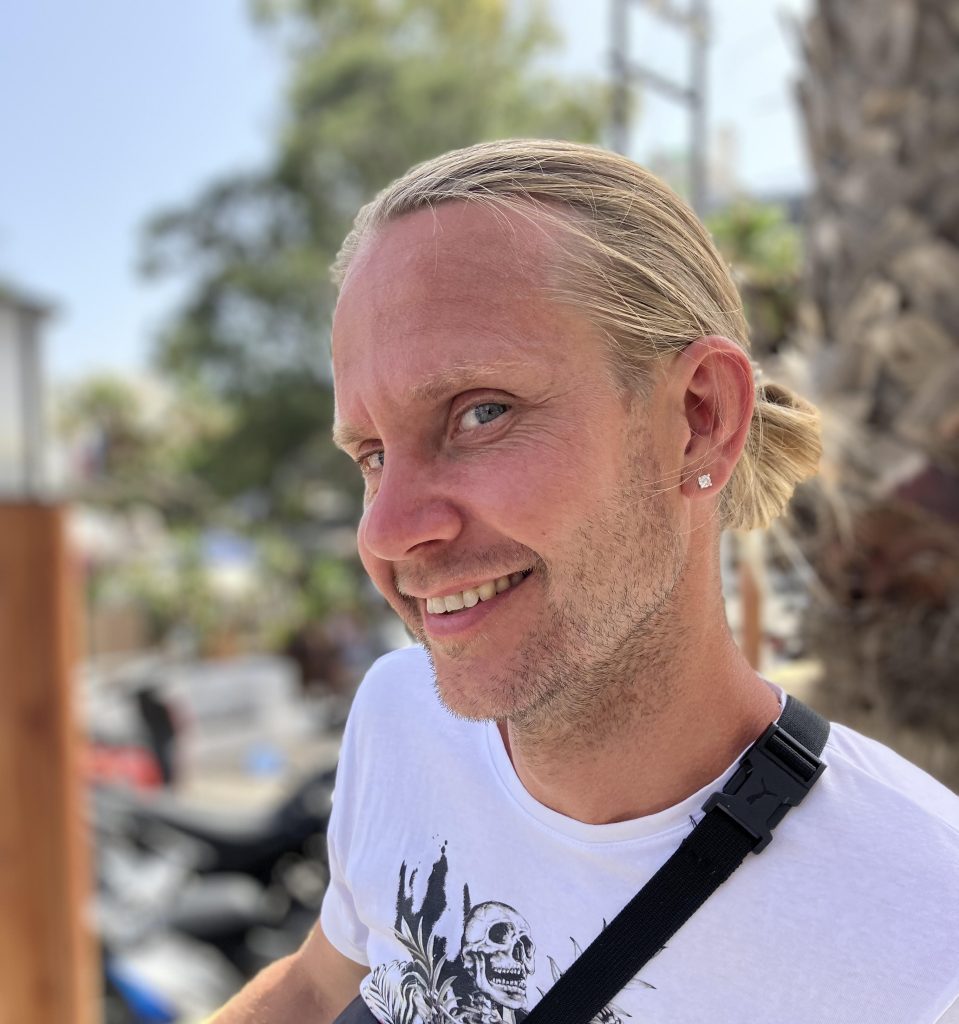
Jussi Tattari valmistui joulukuussa 2024 insinööriksi sähkö- ja automaatiotekniikan tutkinto-ohjelmasta. Hän työskentelee sähkösuunnittelijana SP-Suunnittelu Oy:ssä.
Tattarin opinnäytetyö Ravintolahankkeen sähkösuunnitelmaprosessi palkittiin Osaaja 2024 -opinnäytetyökilpailussa.

